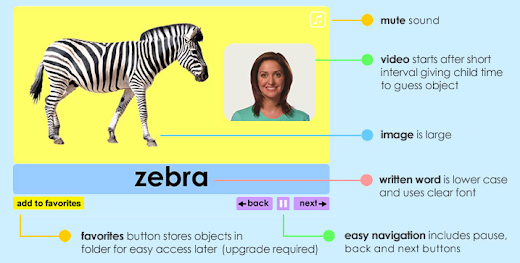
There are occasions when we look for a word in the English dictionary and we don’t find it. There are several reasons for this: the dictionary hasn’t been updated, the dictionary is based on British English but the word belongs to American English (or vice versa), the word we’re looking for has been misspelt, the word doesn’t exist, etcetera.
Today we’re going to examine the process that we can follow when something like this happens. We’ll be using as an example the expression “Tinker’s cuss” (one of the Strange English Words mentioned in this post).
The steps to follow could be structured as:
1. Make sure that the word is spelt right (we’ve copied it properly from the original text where we saw it).
2. Start the search in some free online dictionary. Let’s kick off with WordReference.com (not that we want to say that it’s the best, but it’s among the best and its forum is really useful). After searching “Tinker’s cuss” in WordReference.com we get No translation found for 'Tinker’s cuss' but interestingly there is an entry for “give a tinker’s cuss” in the WordReference.com forum that give us a definition for this expression.
3. Problem solved. However, let’s imagine that there was no entry in the WordReference.com forum; we still wouldn’t know the meaning of the word. We can try with another good online dictionary; in this case we make use of TheFreeDictionary. The result that we get after searching is Phrase not found in the Dictionary and Encyclopedia. Please try the words separately. But if we look beneath, there are some articles related to our search; specifically the one related to “give a tinker’s cuss” is the one that give us the right definition.
4. Problem solved again; well done WordReference.com and TheFreeDictionary! However, let’s imagine again that we haven’t found the word nor something related to it in the two previous dictionaries. We could keep looking in other dictionaries individually or change the strategy and use the online translators (google translate, Yahoo! Babel fish …) If we don’t want to visit all of them individually, we can make use of an online resource that allows us to search in all of them at the same time: Jollo is the website that we need. After searching “Tinker’s cuss” in Jollo the truth is that the results are pretty bad and we don’t find a valid translation.
5. Don’t panic! We still have a very powerful resource remaining: google. We can look for “Tinker’s cuss” in google and immediately get a result. The way of looking for it is by including the double quotes at the beginning and the end of the term “Tinker’s cuss”, so we’re telling google that we’re looking for those words in that specific order. The results that we get are linked to online dictionaries (TheFreeDictionary, Wiktionary, Dictionary.com, Urbandictionary or WordReference.com) that’ll give us what we’re looking for.
6. If in step number 5 google tells you an answer like Did you mean...? then have a look at the options that google suggests and if any of them convinces you and you can’t find related entries for the word or sentence that you’re looking for then it could be that the word doesn’t really exist. Good luck anyway!
You have read this article Dictionaries /
Translators
with the title September 2009. You can bookmark this page URL http://apostolosmakrides.blogspot.com/2009/09/help-i-cant-find-word-in-english.html. Thanks!







